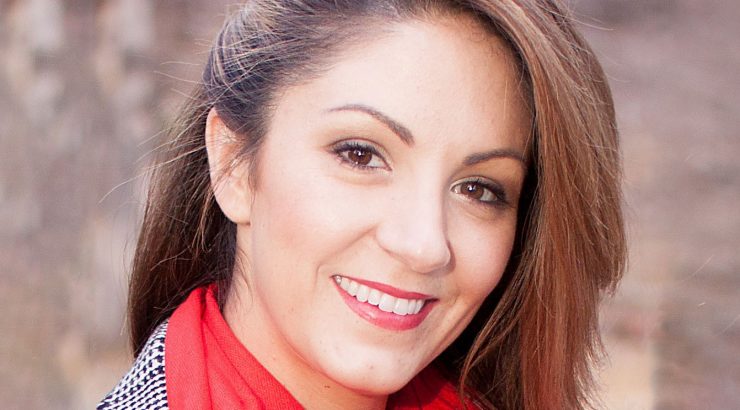
Fowler School of Law Alumna Appointed to the Riverside Superior Court
December 17, 2020
Hon. Michele Mathis (JD ‘07) has spent most of her legal career as a public defender, but she says that she has “always been able to see both sides of the argument.” That’s a skill that should suit her well in her newest role—Mathis was appointed by Gov. Gavin Newsom to the Riverside Superior Court on November 13.
“Part of what makes people good litigators is the ability to see the other side and anticipate their arguments,” Mathis said. “What I love about being a judge is that I can use that sense of wanting to see both sides. I can actually give rein to both and not have to suppress one perspective or the other.”
Mathis was always interested in law school, but after graduating from University of California, Riverside with a bachelor’s degree in history—making her the first in her family to graduate from college—she planned on becoming a teacher. “I loved to debate,” she said, “but the idea of putting myself out there to get an advanced degree when I didn’t know anybody who even had a college degree seemed like a lot at the time.”
After a short stint as a substitute teacher, however, Mathis said she “took a sharp left” and decided to go to law school after all, choosing to study at the Chapman University Fowler School of Law. As a first-generation college student with no connections to the legal community, Mathis says she initially felt “like a fish out of water.” That changed after she tried out for Chapman’s mock trial board during her first year.
“I really enjoyed it,” said Mathis. “I learned to love the law through mock trial. Getting to see it in action and see how it could be used to convince people of a point of view made me realize how powerful it could be.”
Although she clerked at both the Orange County and Riverside County district attorney’s offices during law school, Mathis ultimately decided to go into defense instead of prosecution after graduating from Chapman, landing a position as a deputy public defender with the Riverside County Public Defender’s Office.
“What appeals to me is the flexibility of the work,” Mathis said. “As a defense attorney, you’re not limited. You can consider the circumstances of the client, be creative in fashioning the best possible outcome that meets both justice and client’s needs.”
However, Mathis says she was very grateful for her clerkships working on the other side. “I learned a great amount in the D.A.’s office,” she said. “But I liked the imagination, the creativity, and the personal touches of doing defense work.”
Although she ultimately chose the law over teaching, Mathis has still found ways to fulfill her desire to make “a better future for children.” One example has been Mathis’ involvement with her local AVID (Advancement Via Individual Determination) program, which helps prepare traditionally underserved middle and high school students for four-year college eligibility. AVID programs work with institutions such as the Fowler School of Law to expose young people to higher education and law school environments.
“I knew how intimidating it was to put myself into those positions,” said Mathis. “I try to focus my service to help other people accomplish their own goals.”
For law students who are also interested in a career in public service—and potentially wearing a judge’s robes—Mathis believes the law must be viewed as more than just a career.
“If you treat the law as a job, that’s fine, that’s a wonderful job to have,” she said. “If you treat it as something that’s more of a calling—to improve the community around you, to improve access to justice for people—I think that’s really where you find the difference between a public servant and someone who happens to be a lawyer.”

